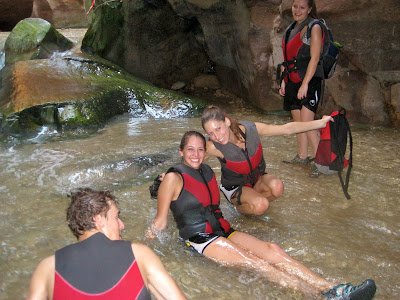Mubarak is the cow...
Cow) بقرة حاحا English Translation
All the sobbing weepers wept At the fate of the fighting cow And that cow is milch; she exudes a gallon’s milk But she is robbed; by the members of her own house And the house has its owners and eleven doors And underground tunnels and a sea of wolves The ogres of the house stand by day But on a known set date; the Romans did the deed They pushed the locks; the guards fled The outsiders came and sucked the milk And the cow yells and screams “O My Children” But the children of shame, were fast asleep The cow was oppressed, by oppression, overwhelmed She fell into the well; the bystanders asked “Well, why did she fall?” She fell from fear “From where does this fear come?” It comes from blindness She fell because of hunger and because of idleness That dark fighting cow The crying tunes of the weeper wept At the fate of the fighting cow
Arabic Original
ناح النواح و النواحة على بقرة حاحا النطاحة و البقرة حلوب .. تحلب قنطار لكن مسلوب .. من أهل الدار و الدار بصحاب .. و حدعشر باب (11 باب ) غير السراديب .. و بحور الديب و غيلان الدار .. واقفين بنهار و ف يوم معلوم ... عملوها الروم زقوا الترباس ... هِربوا الحراس دخلوا الخواجات .. شفطوا اللبنات و البقرة تنادي .. و تقول يا ولادي و ولاد الشوم ... رايحين ف النوم البقرة انقهرت .. م القهر انصهرت وقعت بالبير .. سألوا النواطير : طب وقعت ليه ..؟ وقعت م الخوف و الخوف يجي ليه .. ؟ من عدم الشوف
و قعت م الجوع و م الراحة البقرة السمرا النطاحة ناحت مواويل النواحة على حاحة و على بقرة حاحا
http://revolutionaryarabicpoetry.blogspot.com/2011/07/cow.html | 
























